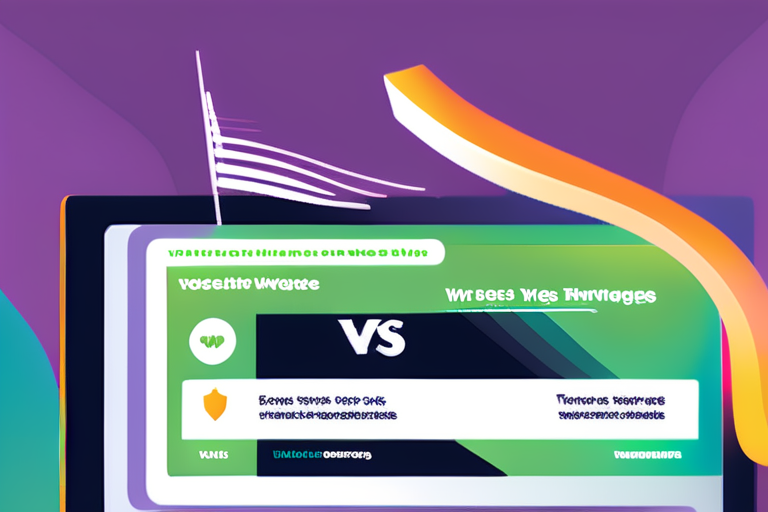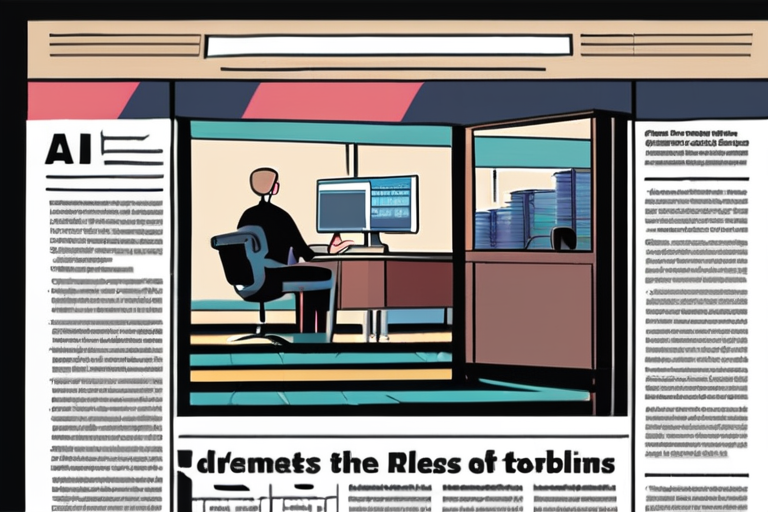As the digital landscape continues to evolve at breakneck speed, the lines between fact and fiction, truth and opinion, have become increasingly blurred. Amidst this chaos, Vox.com stands out as a beacon of journalistic integrity, adhering to a set of ethics and guidelines that prioritize the interests of its audience above all else. But what makes Vox's approach to ethics so unique, and how does it impact the way we consume and interact with news?
Behind the scenes, Vox's editorial team is guided by a set of principles that emphasize the importance of serving the public interest. According to the Vox Media Editorial Ethics Guidelines, the company's commitment to integrity and passion is unwavering, even as it continues to evolve and expand its reach across multiple mediums. This dedication to journalistic excellence is rooted in a deep understanding of the complexities of real life, and a recognition that no checklist or rulebook can fully capture the nuances of human experience.
For Vox's editorial team, this means embracing a culture of conversation and dialogue, where colleagues and supervisors work together to navigate the gray areas that often arise in the pursuit of truth. "We don't try to craft an ethics policy that would address every conceivable dilemma," says a Vox spokesperson. "Instead, we encourage our staff to think critically and use their judgment to make decisions that align with our core values."
This approach has far-reaching implications for the way we consume news, and the way we interact with the media. In an era where "fake news" and "alternative facts" have become buzzwords, Vox's commitment to transparency and accountability is a breath of fresh air. By prioritizing the interests of its audience, Vox is helping to rebuild trust in the media, and to create a more informed and engaged citizenry.
But Vox's approach to ethics is not without its challenges. As the company continues to evolve and expand its reach, it must navigate a complex web of competing interests and priorities. How does it balance the need for profit with the need for journalistic integrity? And what role does AI play in shaping the future of journalism?
These are questions that Vox is actively grappling with, as it explores the potential of AI to enhance its reporting and storytelling capabilities. According to a recent report, Vox is investing heavily in AI-powered tools that can help to identify and fact-check sources, as well as to analyze and visualize complex data sets. But as AI becomes increasingly integrated into the newsroom, there are also concerns about its potential impact on jobs and the role of human journalists.
"We're not trying to replace human journalists with AI," says a Vox spokesperson. "Instead, we're using AI to augment our reporting and storytelling capabilities, and to help us to tell more nuanced and compelling stories."
As Vox continues to push the boundaries of what is possible in journalism, it is clear that its commitment to ethics and guidelines is more important than ever. In an era where the lines between fact and fiction are increasingly blurred, Vox's dedication to transparency and accountability is a beacon of hope for a more informed and engaged citizenry.
As the future of journalism continues to unfold, one thing is clear: Vox.com is at the forefront of a revolution that is redefining the way we consume and interact with news. With its commitment to ethics and guidelines, Vox is helping to create a more informed and engaged citizenry, and to shape the future of journalism in ways that are both exciting and unpredictable.



























Share & Engage Share
Share this article